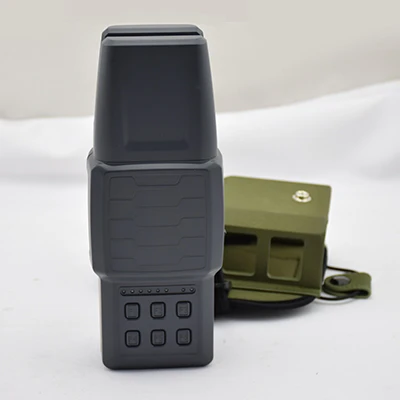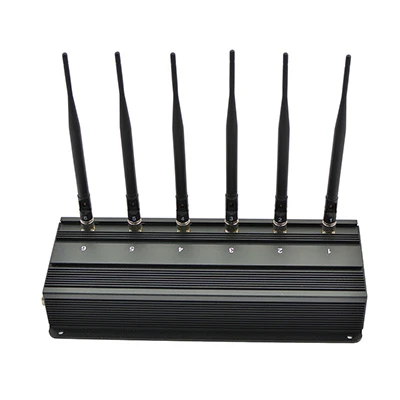As mobile phones become an integral part of people's lives, the use of cell phone signal jammers is also increasing around the world. Attitudes and regulations toward cell phone jammers vary significantly across countries, ranging from strict bans to widespread use. This article will explore the different attitudes towards mobile phone jammers in different countries and combine them with actual application cases.
Applications and Approvals in Mexico
Cell phone jammers are not legally restricted in Mexico. Several churches in Monterey began using these devices to ensure a quiet atmosphere during services. Priests say cellphone ringtones seriously interfere with the solemnity of religious ceremonies, so they have chosen to install jammers.
U.S. legal ban
Unlike Mexico, the United States has strict legal restrictions on the use of cell phone jammers. The Federal Communications Commission (FCC) makes it clear that private use of jammers is illegal. Earlier this year, a Florida man was fined $48,000 for using a jammer. The FCC pointed out that these devices may block emergency calls and affect public safety, so their use is prohibited.
Licensing systems in Japan and France
In Japan and France, use of cell phone jammers requires a government license. While these countries allow the use of jammers in certain public places, they must go through a strict approval process. This approach balances the public interest with individual freedoms, ensuring that jammers can be used when necessary without infringing on public rights.
Widely used in India and Italy
Jammers have been installed in the Indian Parliament to ensure meetings are not interrupted by ringing mobile phones. Some universities in Italy are using jammers in exam rooms to prevent students from cheating on their phones. These cases show that, in certain circumstances, cell phone jammers are seen as important tools for maintaining order and fairness.

expressly prohibited in canada
Canada has made it clear that cell phone jammers are not allowed. The government believes that these devices may infringe on personal freedoms and affect public safety. Therefore, the sale and use of these devices is strictly prohibited in Canada.
global market demand
Although countries have different attitudes towards cell phone jammers. These devices have applications in a variety of fields, from churches to banks. In Mexico, banks hope to use jammers to stop would-be robbers from communicating with accomplices, while authorities plan to use jammers in prisons.
The use of cell phone signal jammers is increasing around the world, with venues ranging from churches to government agencies utilizing the devices to maintain order and quiet. However, the practice has also raised legal and ethical controversies. In some countries, these devices are seen as necessary management tools, while in others they are considered an intrusion on personal freedoms. How to balance the use of technology and public interests is still an issue worthy of in-depth discussion.




